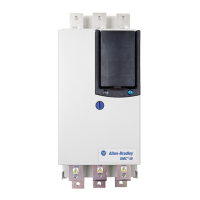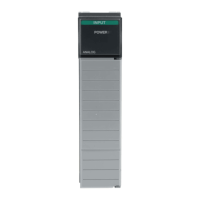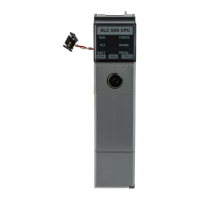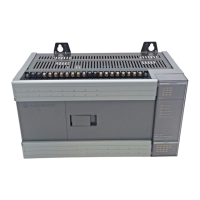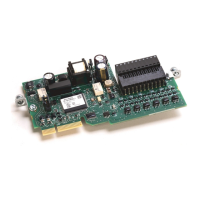Motion Event Instructions
Rockwell Automation Publication MOTION-RM002H-EN-P-February 2018 283
performance. Status of each schedule is reported in the output echo connection
and reflected in the input image for the module.
The scheduled output functionality relies on CST (Coordinated System Time)
timestamp in the 1756-OB16IS module. At least one controller in the chassis
must be a CST time master.
The 1756-OB16IEFS and 1732E-OB8M8SR modules rely on UTC time with a
CIP Sync Grandmaster clock synchronizing all the outputs.
For the 1756-OB16IS module, unused outputs may be used as normal outputs and
are applied immediately rather than waiting for the CST timestamp to expire. A
mask is sent to the module to indicate which outputs are to function as normal
outputs.
Each scheduled output module can be individually scheduled. Refer to the
following table for the scheduled support that is available for each module type.
Module Total Outputs Scheduled
Outputs
Total
Schedules
Minimum
Scheduled Interval
Timebase
1756-OB16IS 16 [0 to 15] 8 [0 to 7] 16 100μs CST
1732E-OB8M8SR 8 [0 to 7] 8 [0 to 7] 16 100μs UTC
1756-OB16IEFS 16 [0 to 15] 16 [0 to 15] 32 5μs UTC
The scheduled outputs must be between output points. Outputs that are not
scheduled are used as normal output points. A mask is used to indicate which
points are scheduled and which points are unscheduled. All of the scheduling
configuration is done through the MAOC instruction.
If a new schedule as indicated by a change in the sequence count is received by the
I/O module before the current schedule has expired, the current schedule is
overwritten. This mechanism can be used to cancel currently active schedule.
Status bits returned in the output echo connection may be used to determine the
current state of each schedule and to trigger corresponding event tasks.
If a new schedule is sent by the controller to a 1756-OB16IS and the CST
timestamp has already past, the output is asserted until the lower 24 bits of the
CST time has completely wrapped around. The module does not check for an
expired CST timestamp.
If the time between two schedules is less than the minimum schedule interval, then jitter occurs. This
means that even though two outputs are scheduled at different time, they both activate at the same
time.
Remote Operation
Scheduled outputs using the 1756-OB16IS module do not work with a remote
chassis.

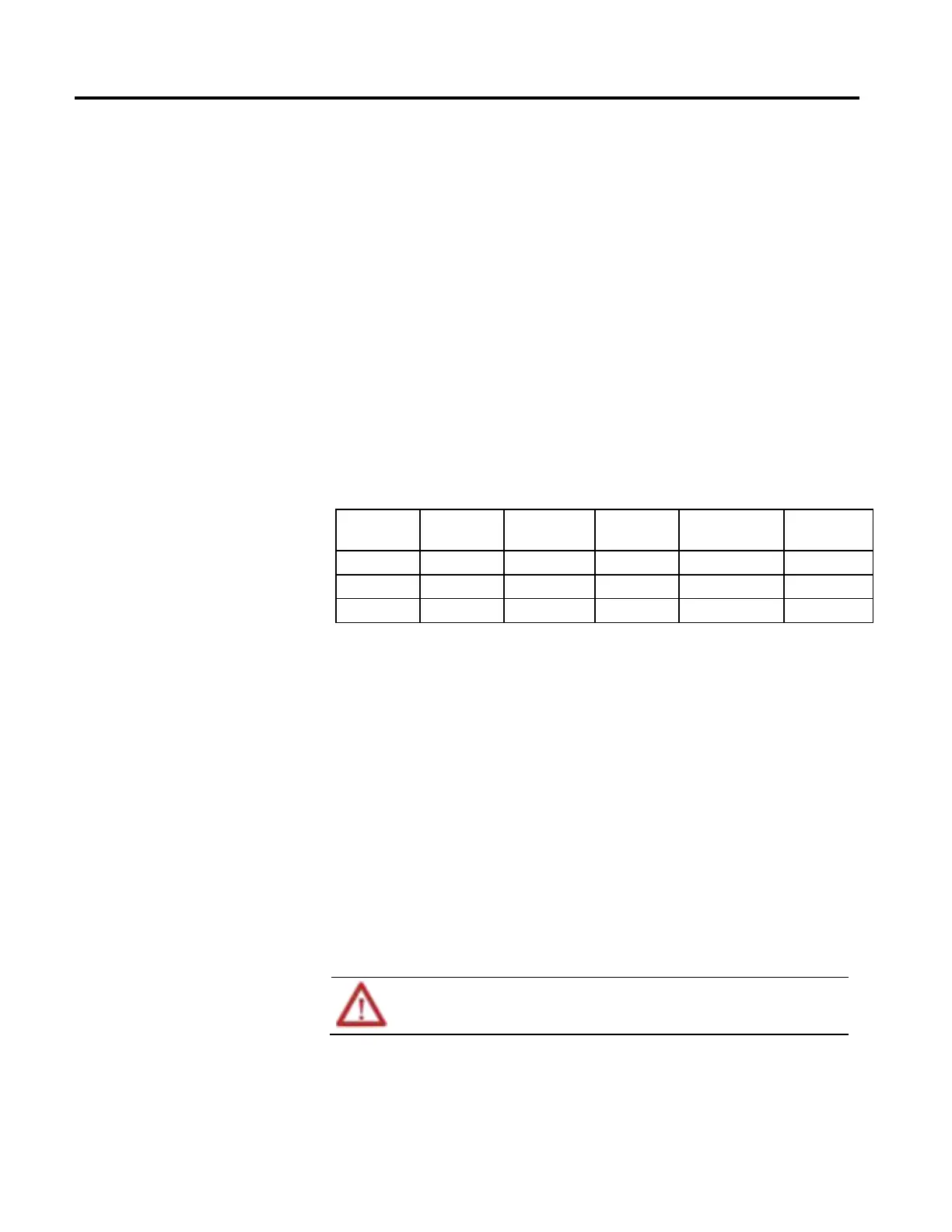